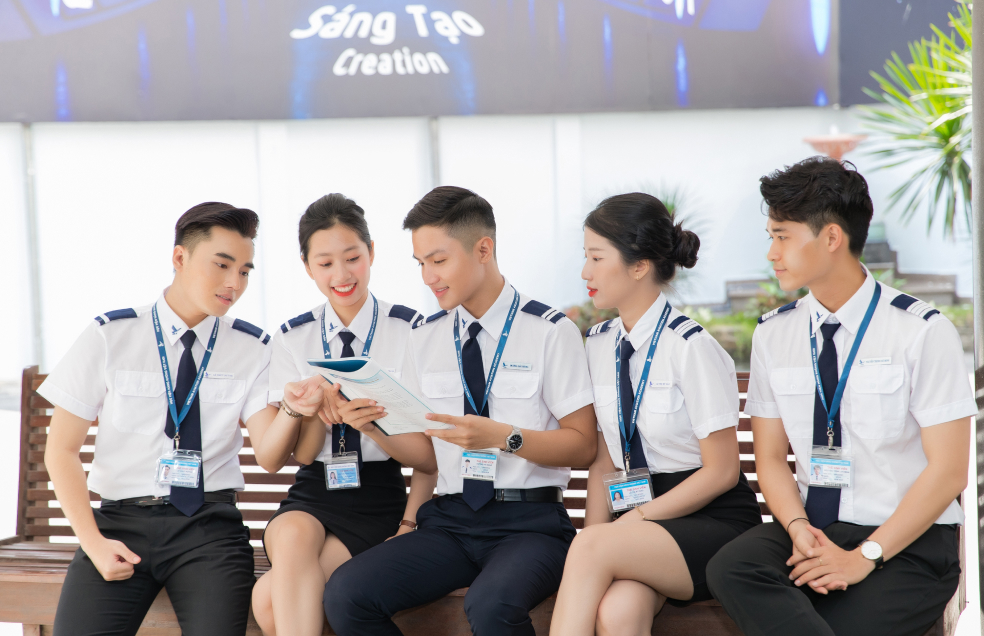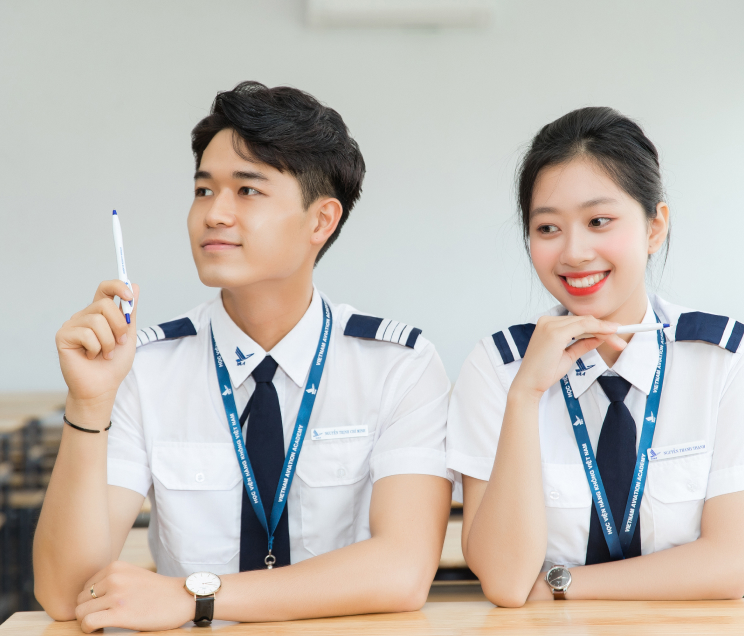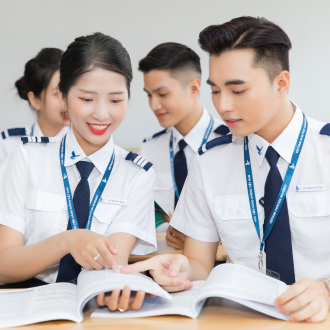ICAO Asia-Pacific Regional Meeting on Training Cooperation: Focus on Training and Capacity Building

Bangkok, November 18-19, 2024 – The Asia-Pacific Regional Training Cooperation Framework Working Group (RTCF WG) of the International Civil Aviation Organization (ICAO) held its third meeting, bringing together representatives from various countries in the region to discuss key training initiatives and priorities.
Meeting Highlights:
Guided by a comprehensive agenda, the meeting addressed crucial aspects of aviation training, including updates from the recent ICAO Global Implementation Support Symposium (GISS), training needs analysis, training package development, and discussions on the Train-the-Trainer program.
Member States Share Training Initiatives:
Representatives from several countries presented their national aviation training strategies and priorities. The United States emphasized its focus on improving Effective Implementation (EI) scores in the region by targeting areas of weakness identified in the Universal Safety Oversight Audit Program (USOAP), such as aerodrome certification. U.S. initiatives include Government Safety Inspector (GSI) training programs in coordination with regional partners and workshops on National Aviation Safety Plan development.
Thailand, represented by the Aeronautical Radio of Thailand (AEROTHAI) and the Civil Aviation Training Center (CATC), highlighted its commitment to the Next Generation of Aviation Professionals (NGAP) strategy. AEROTHAI detailed its efforts in workforce forecasting and capacity development, while CATC showcased its diverse training programs, ranging from ground training to aircraft maintenance.
Singapore, through the Singapore Aviation Academy (SAA), emphasized its focus on leadership competency, emerging areas like sustainability and innovation, positive organizational culture, and professionalism of aviation personnel.
Other countries, including South Korea, the Philippines, Japan, Indonesia, and Hong Kong, China, also presented their unique training initiatives, from scholarship programs and financial aid to specialized training on safety management systems and capacity-building programs.
Vietnam’s Contribution:
Representing Vietnam, Dr. Nguyen Thi Hai Hang, Director of the Vietnam Aviation Academy, presented the academy’s extensive training activities and achievements. She also accepted the responsibility of leading the comprehensive data analysis on aviation human resources across the region. She considered this a significant responsibility and contribution of the largest training unit in the country’s aviation industry, as well as an opportunity for faculty and students to access data on aviation human resources throughout the Asia-Pacific region. This valuable database will help faculty and students explore and find new results in scientific research, contributing significantly to ICAO.
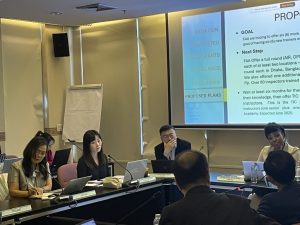
Key Focus Areas:
The meeting highlighted several key focus areas for aviation training in the Asia-Pacific region:
– Improving EI scores: Addressing weaknesses identified in USOAP audits and enhancing overall aviation safety.
– Developing the next generation of professionals: Preparing for future workforce demands through targeted training and capacity building.
– Promoting Safety Management Systems (SMS): Enhancing safety culture and practices through SMS training and implementation.
– Addressing emerging challenges: Incorporating training in areas like sustainability, innovation, and new technologies.
Collaboration and Capacity Building:
The meeting emphasized the importance of collaboration among Member States and with ICAO to address training needs and enhance aviation safety and efficiency in the Asia-Pacific region. The presentations and discussions demonstrated a shared commitment to capacity building and the development of a skilled and competent aviation workforce.

Vietnam Aviation Academy compiled national standards on ground radio navigation aid systems

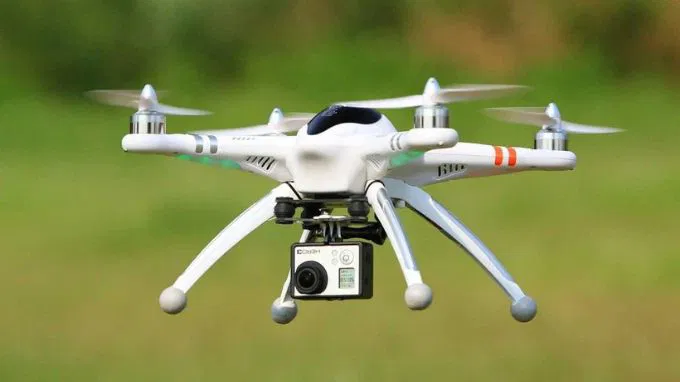
What is a UAV? What is a drone? What is the difference between UAV and drone?

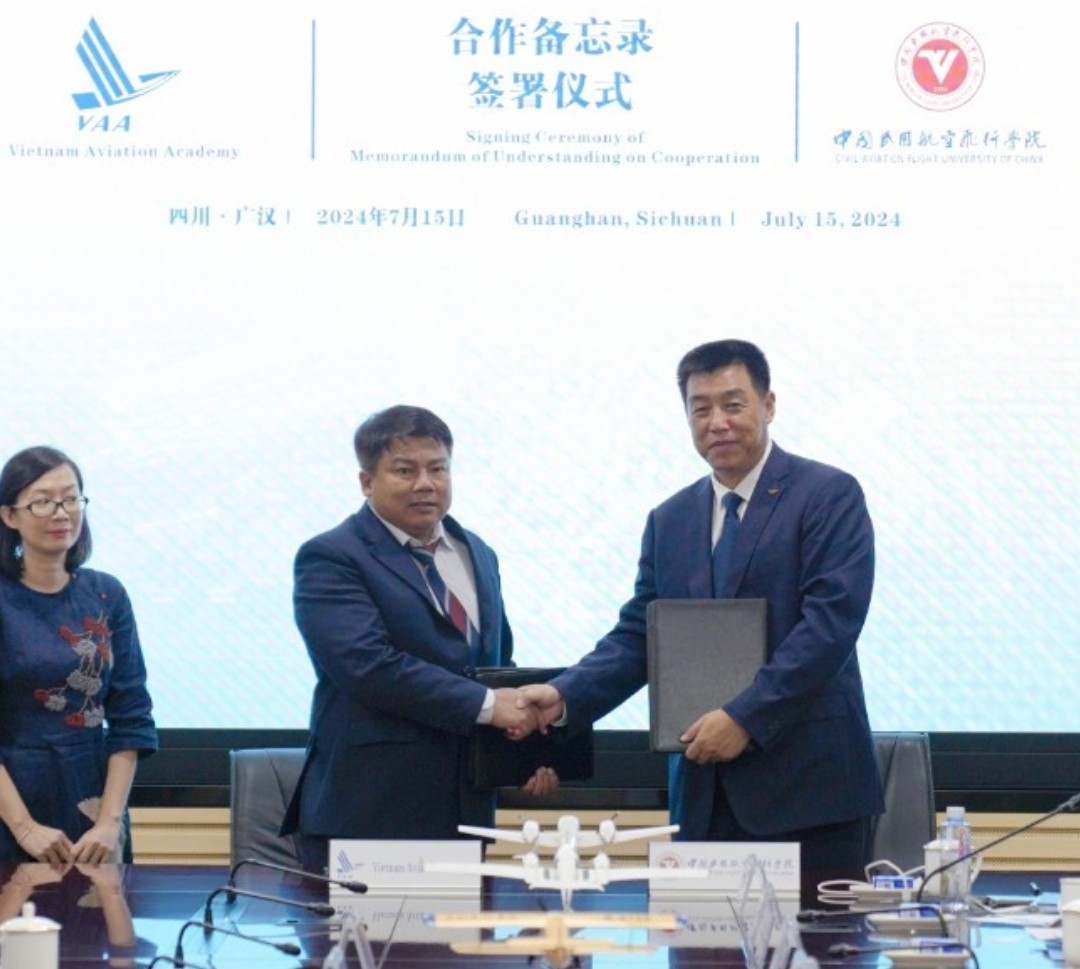
VIETNAM AVIATION ACADEMY HAS SIGNED A COOPERATION AGREEMENT WITH CIVIL AVIATION FLIGHT UNIVERSITY OF CHINA


Workshop on Developing a Strategic Plan for the Vietnam Aviation Academy: Resolutely Realizing Key Strategic Objectives


The Impact of Artificial Intelligence on the Global Economy: An Ongoing Revolution

